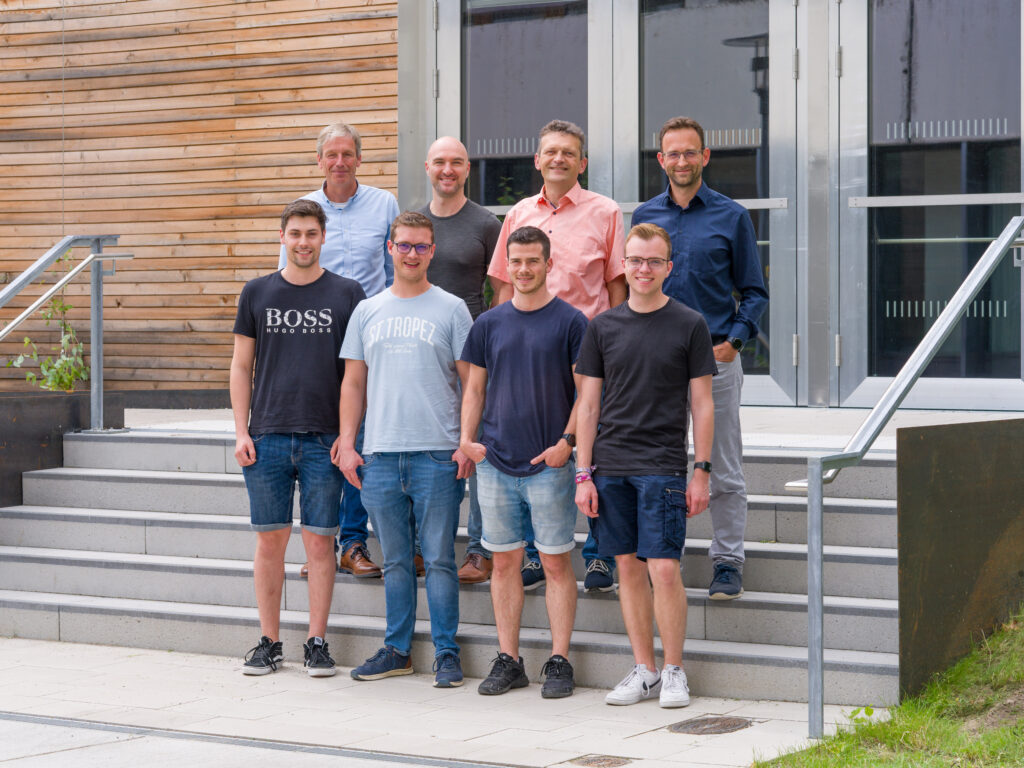Materials for Hydrogen and Energy Applications

In renewable energies materials form the basis of every technology. Therefore, the question of structure-property relationships under the conditions to which these materials are exposed also arises here. At the chair for general material properties, research is conducted primarily on materials used in energy storage. This includes the investigation of hydrogen resistant materials with pressurized hydrogen up to 1000 bar and 300°C including cross-scale hydrogen analysis, as well as research on battery materials. For this purpose, the extensive equipment of the chair is used, as well as new facilities adapted to the material and environmental conditions.
Prof. Dr.-Ing. Heinz Werner Höppel
Department of Materials Science and Engineering
Chair of General Materials Properties
- Phone number: +49 9131 85-27503
- Email: hwe.hoeppel@fau.de
Prof. Dr. Peter Felfer
Department of Materials Science and Engineering
Chair of General Materials Properties
- Phone number: +49 9131 85-27505
- Email: peter.felfer@fau.de
Jan-Oliver Hücking, M. Sc.
Department of Materials Science and Engineering
Chair of General Materials Properties
- Phone number: +49 9131 85-27481
- Email: jan-oliver.h.huecking@fau.de
Johannes Seltsam, M. Sc.
Department of Materials Science and Engineering
Chair of General Materials Properties
- Phone number: +49 9131 85-27475
- Email: johannes.seltsam@fau.de
Oliver Nagel, M. Sc.
Department of Materials Science and Engineering
Chair of General Materials Properties
- Phone number: +49 9131 85-27474
- Email: oliver.nagel@fau.de
Niklas Zimmermann, M. Sc.
Department of Materials Science and Engineering
Chair of General Materials Properties
- Phone number: +49 9131 85-25449
- Email: niklas.zimmermann@fau.de
→ more information
→ more information
→ more information





